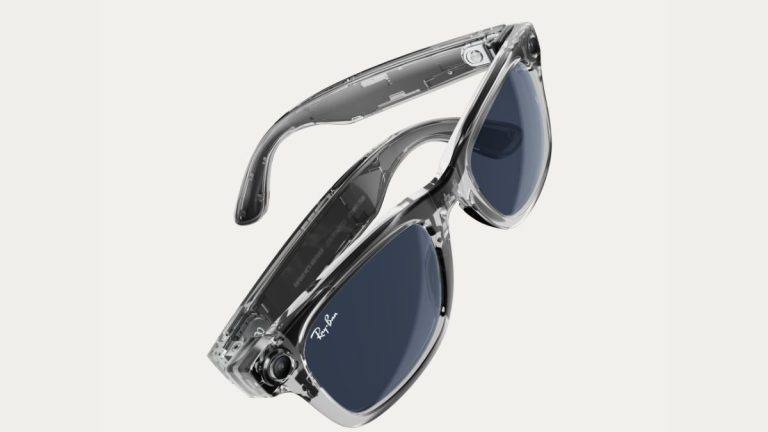Meta Plaforms bought a minority stake in the world’s largest eyewear manufacturer, EssilorLuxottica SA, deepening the US tech giant’s commitment to the fast-growing smart glasses industry, according to people familiar with the matter.
Facebook parent Meta acquired just under three percent of the Ray-Ban maker, a stake worth around EUR 3 billion ($3.5 billion or roughly Rs. 29,998 crore) at market prices, said the people, who asked not to be identified because deliberations are private.
Meta, based in Menlo Park, California, is considering further investment that could build the stake to around five percent over time, the people added, though those plans could change.
Shares of EssilorLuxottica surged the most in three months in Paris. The growing ties with Meta should be seen as a vote of confidence in the eyewear maker and the opportunity in eyeglasses, according to analysts at Bernstein.
“This represents another step in Meta’s commitment to the smart-glasses category,” the analysts said in a research note.
Representatives for Meta and EssilorLuxottica declined to comment.
The two companies have worked together for several years to develop AI-powered smart glasses. Meta currently sells a pair of Ray-Ban glasses, first debuted in 2021, with built-in cameras and an AI assistant that provide image-captioning or real-time stock prices.
Earlier Interest
Last month, Meta launched separate Oakley-branded glasses with EssilorLuxottica. The eyewear maker’s chief executive officer Francesco Milleri said last year that Meta was interested in taking a stake EssilorLuxottica, but that plan hadn’t materialized until now.
The advance of as much as 5.5 percent on Wednesday gave EssilorLuxottica a market value of EUR 116.5 billion (roughly Rs. 11,68,623 crore). Warby Parker, a competing glasses-maker, rose 4.5 percent in the US on Tuesday after Bloomberg’s report.
The deal aligns with Meta CEO Mark Zuckerberg’s commitment to AI, which has become a top priority and major expense for the company. Smart glasses are a key part of that plan.
While Meta has historically had to deliver its apps and services via smartphones created by competitors, glasses offer Meta a chance to build its own hardware and control its own distribution, Zuckerberg has said.
Manufacturing Know-How
The arrangement gives Meta the advantage of having more detailed manufacturing knowledge and global distribution networks, fundamental to turning its smart glasses into mass-market products.
For EssilorLuxottica, the deal provides a deeper presence in the tech world, which would be helpful if Meta’s futuristic investments pay off. Meta is also betting on the idea that people will one day work and play while wearing headsets or glasses.
So-called non-AR smart glasses display information but don’t provide a full alternative-reality experience that would alter users’ perception of the environment. Apple Inc. has also recently pivoted to non-AR smart glasses, the Bernstein analysts said, as full AR is “some years away from being practical.”
The market for smart glasses is expected to grow to $8.26 billion by 2030 from $1.93 billion in 2024, according to GrandView Research.
Other tech players are also dabbling in eyewear, suggesting that smart glasses may become mainstream soon, according to analysts at Jefferies. In a research note, they pointed to Google’s recent decision to team up with France’s Kering Eyewear, and China’s Xiaomi announcing its entry into the market.
“We would not be surprised to see new entrants soon,” they wrote in a note.
© 2025 Bloomberg LP

